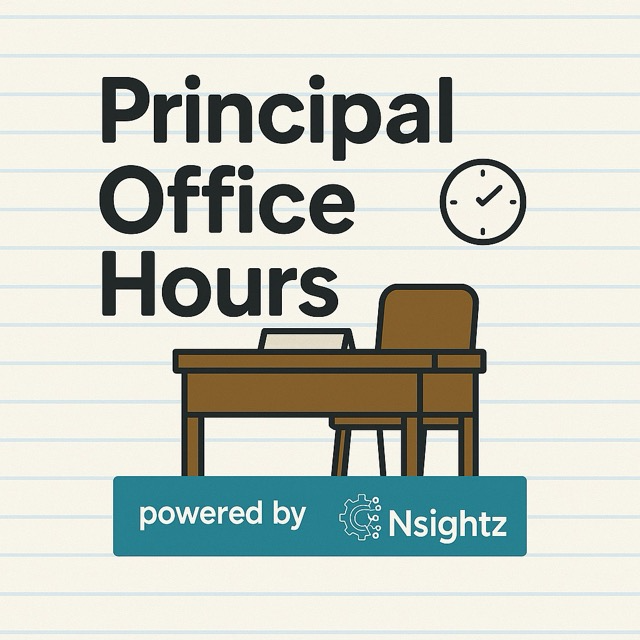How Can Busy HR Teams Leverage AI to Create Bandwidth
[SUMMARY]:
AI can be used in various ways to improve HR in midsize companies. Firstly, AI can generate job descriptions and ads, saving time and providing specialized knowledge. Secondly, candidate screening using machine learning and data analytics can help hire individuals who perform similarly to the best-performing employees. Thirdly, employee self-service bots can be created to answer repetitive HR questions, freeing up HR staff's time. Fourthly, analyzing employee engagement data can help identify key drivers of employee retention and satisfaction, allowing HR to make strategic decisions. Finally, generative AI can help managers and teams provide constructive feedback and summarize performance appraisals. However, designing AI workflows requires a good understanding of the technology and trusted partners to advise on when human input is necessary. By utilizing AI in HR, midsize companies can improve their hiring process, employee engagement, and performance management.
Timestamp
0:00:00
Introduction to the topic of AI in HR for midsize companies
0:00:36
Using AI to generate drafts of job descriptions and job ads
0:01:08
Candidate screening using machine learning and data analytics
0:01:48
Creating employee self-service bots to handle repetitive HR tasks
0:02:21
Analyzing trends in employee engagement to predict causes of attrition
0:03:16
Using AI to generate and summarize performance appraisals for managers and teams
0:03:39
Importance of designing AI workflows with a good understanding of the technology and trusted partners
0:04:13
Conclusion and call to action to follow Engage Rocket on LinkedIn for more tips
Transcript
How Busy HR Teams Can Leverage AI to Free Up Bandwidth
CT Leong: [:Today, I'm gonna cover five uses of AI in HR for mid-size companies. Number one in hiring to be able to generate drafts of job descriptions and job ads.
This takes up typically a lot of time, and sometimes it's difficult to get specialized knowledge in those areas. Using ai, you'll be able to create these drafts and get going a lot faster.
screening. This goes beyond [:Now, this has been around for a while, and what it does is it looks at your best performing candidates. And compares them against the candidate pool that are applying. If you utilize this well, you're then better able to hire people that look a lot more like your highest performing individuals and leaders.
Number three, employee self-service bots. Now, there are a lot of things that you end up having to do in hr. You're wearing multiple hats and. Half of the time you're answering questions from the business around generic HR information, like benefits, policies pay time off remaining and so on.
ass natural language queries [:You don't have to answer an email with a lengthy reply. This can help tremendously.
Use case number four, being able to analyze trends in employee engagement to predict causes of attrition. Now, the rehiring and retraining hamster wheel we've talked about a number of times is problematic. So how do we dig deep into our employee engagement data and have that correlated against things like employee loyalty, productivity, customer satisfaction, or employee retention, and understand what are the key drivers of keeping your employees engaged and having them want to stay with your organization for longer?
This then allows you to make strategic HR decisions to invest in these areas more because you know the return on that investment is going to be there.
The fifth use case [:Is something that is a building block for good performance and continuous improvement. Now, this is difficult to do in the moment, so this is where generative AI can actually help tremendously in crafting that feedback and getting over that initial writer's block for managers, peers, and so on who want to give each other constructive feedback.
Being able to summarize all this feedback at the end of the year when it comes time for performance appraisals. This is something that AI can do as well. And not only would I recommend it, it also helps you to de-bias the process such that you're not caught with recency bias in performance appraisals or halo effects that may happen.
rstanding of the technology, [:For more tips on helping mid-size companies do more with less hit, like on this post and follow, EngageRocket on LinkedIn. Thanks and see you soon.


